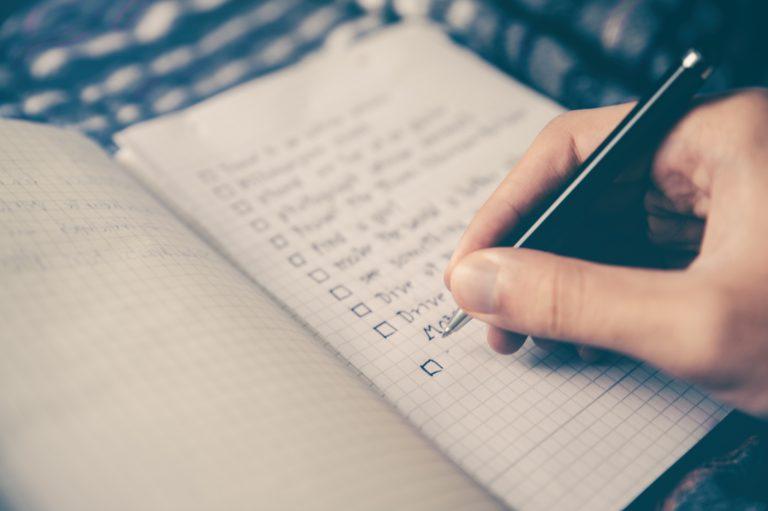In the beginning of isolation, maybe six weeks ago, the standard conversation focused on coping with government-imposed restrictions. It went something like this for folks of a certain advanced age:
“How are you doing? How are you coping? What are you doing to keep busy?”
“Well, I’m doing chores, reading more and walking more. I’m watching movies on Netflix and Amazon. I’m trying to avoid going crazy. I’m a little bored.”
“How are your children and your grandchildren?”
“Okay, I guess. I can only see them by Zoom or Facetime. I miss them. I think my children are not enjoying home-schooling the kids. There are periodic meltdowns (maybe too for the parents).”
Time moves on. Restrictions grow stiffer. Masks are required now when shopping, going out in public. The pandemic is real. It’s scary.
Conversations change, as conditions change.
“How are you doing (that question never changes)? Have you seen the recent statistics on the number of cases and deaths? Have you heard the recent announcement from Governor Hogan?”
“I’m doing all right. I’ve established a routine. I’m not as bored as I thought I would be.”
“What’s your routine? How do you keep busy (translated: avoid going stir crazy?)”
“Hmmm…I don’t know. I’m doing some projects like cleaning out my office, doing some woodwork, walking the dog (or without), reading, doing crossword puzzles and streaming movies. It’s not too bad.”
“Have any relatives or friends gotten sick from coronavirus?”
Are they doing okay?”
“Yes, they’ve had to struggle. They ‘ve been quarantined for several weeks.”
“How much longer do you think this will last? Have you heard anything about a new vaccine?’
“Who knows? Times are crazy, uncertain. I’ve stopped watching the news, because it’s just so darn depressing.”
Routines have set in. People are adjusting. They worry about family members and friends who have lost jobs. They worry about the increasing unemployment numbers. They worry about the “new normal,” lifestyle changes that may become permanent. They are getting restless. They wonder if our times are similar to the Great Depression in the 1930s.
Conversations move on as the COVID-19 crisis deepens, and the number of deaths nationwide exceed 68,000. Cases in Maryland are approaching 27,000 and deaths 1,200. Hospitalizations are rising. Nursing-home cases and deaths are increasing.
“How are you doing? Still keeping busy? Everybody well in your family?”
“Yeah, we’re doing well. The days don’t seem as long as they used to. I still have projects. I’m talking daily with friends and family. I’m trying to keep up with the news, but it’s still depressing (routine word). When do you think that things will get back to normal, at least for small businesses?”
“Wow, I wish I knew. I wish there were a vaccine. I wish the testing were greater in scope. I wish I could hug my kids and grandchildren. I wonder about the safety of those who work in hospitals, nursing homes and grocery stores.”
“Yeah, I agree. This is such a totally different experience for all of us. I still don’t know what I would do were restaurants were to open. I don’t know if I would rush back (though my wife would like to do less cooking). Will the unequal conditions in our country only worsen due to coronavirus?”
“At least we have Zoom, Facetime and other platforms to use to communicate. But I surely miss the personal contact.”
“Did I tell you that I had a telemedicine appointment with my cardiologist?”
“How was that?”
“It was okay, I guess. We just talked. He’s a great communicator. It’s just tough to have your blood pressure taken virtually. He said it seems that people are not going to the hospital as much, as if they might believe that their medical problems are insignificant relative to the coronavirus.”
“That’s interesting. My God, we live in crazy times.”
For me, a certifiable extrovert, phone conversations are good for my sanity. Even introverts benefit from socially distanced contact. It’s good for the soul.
In uncertain times threatened by a persistent and deadly infection and an economy suffering from widespread lockdown, we all need to share our anxieties and fears.
By my calculations, we are now completing our sixth week in COVID-19-caused isolation. Statisticians may find my math a bit short. Our year 2020 will go down in the history books as one that found our nation and world brought to a screeching halt.
It will be a year marked by fear, sickness, death, kindness, generosity, grace, empathy—and adaptation.
Our routines continue. We persevere.
Masks don’t hide our humanity.
Columnist Howard Freedlander retired in 2011 as Deputy State Treasurer of the State of Maryland. Previously, he was the executive officer of the Maryland National Guard. He also served as community editor for Chesapeake Publishing, lastly at the Queen Anne’s Record-Observer. In retirement, Howard serves on the boards of several non-profits on the Eastern Shore, Annapolis and Philadelphia.



Write a Letter to the Editor on this Article
We encourage readers to offer their point of view on this article by submitting the following form. Editing is sometimes necessary and is done at the discretion of the editorial staff.